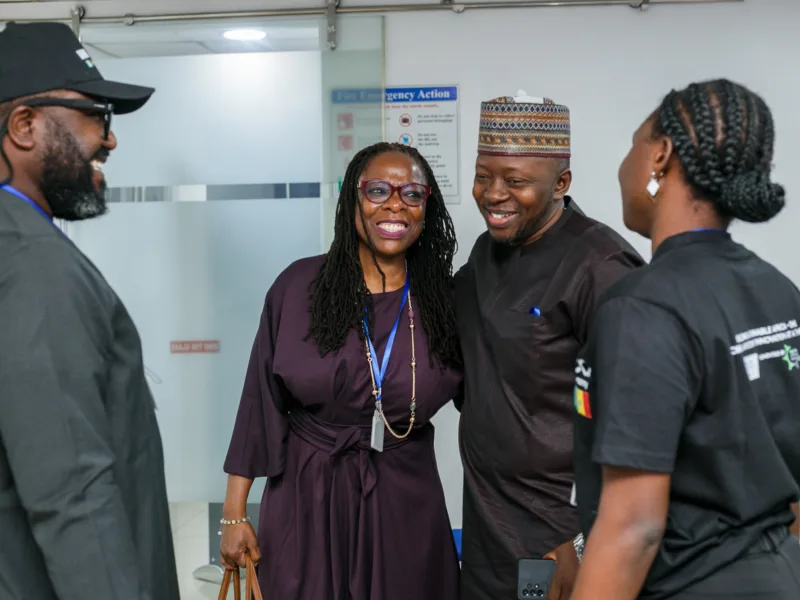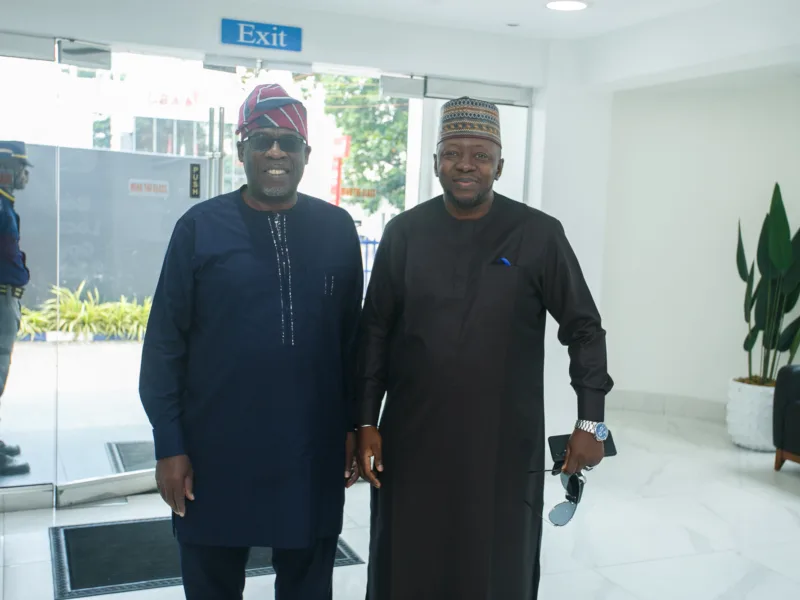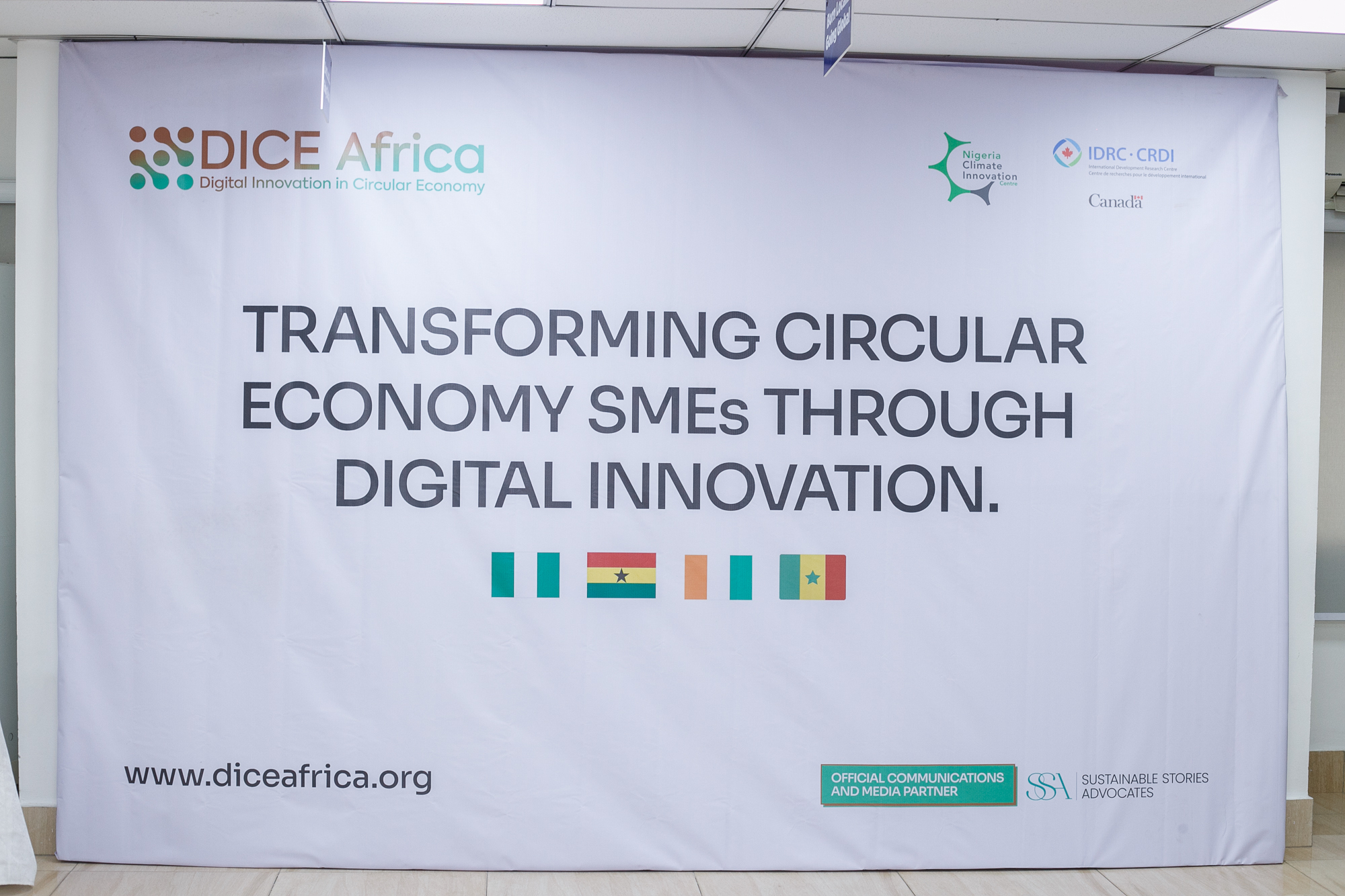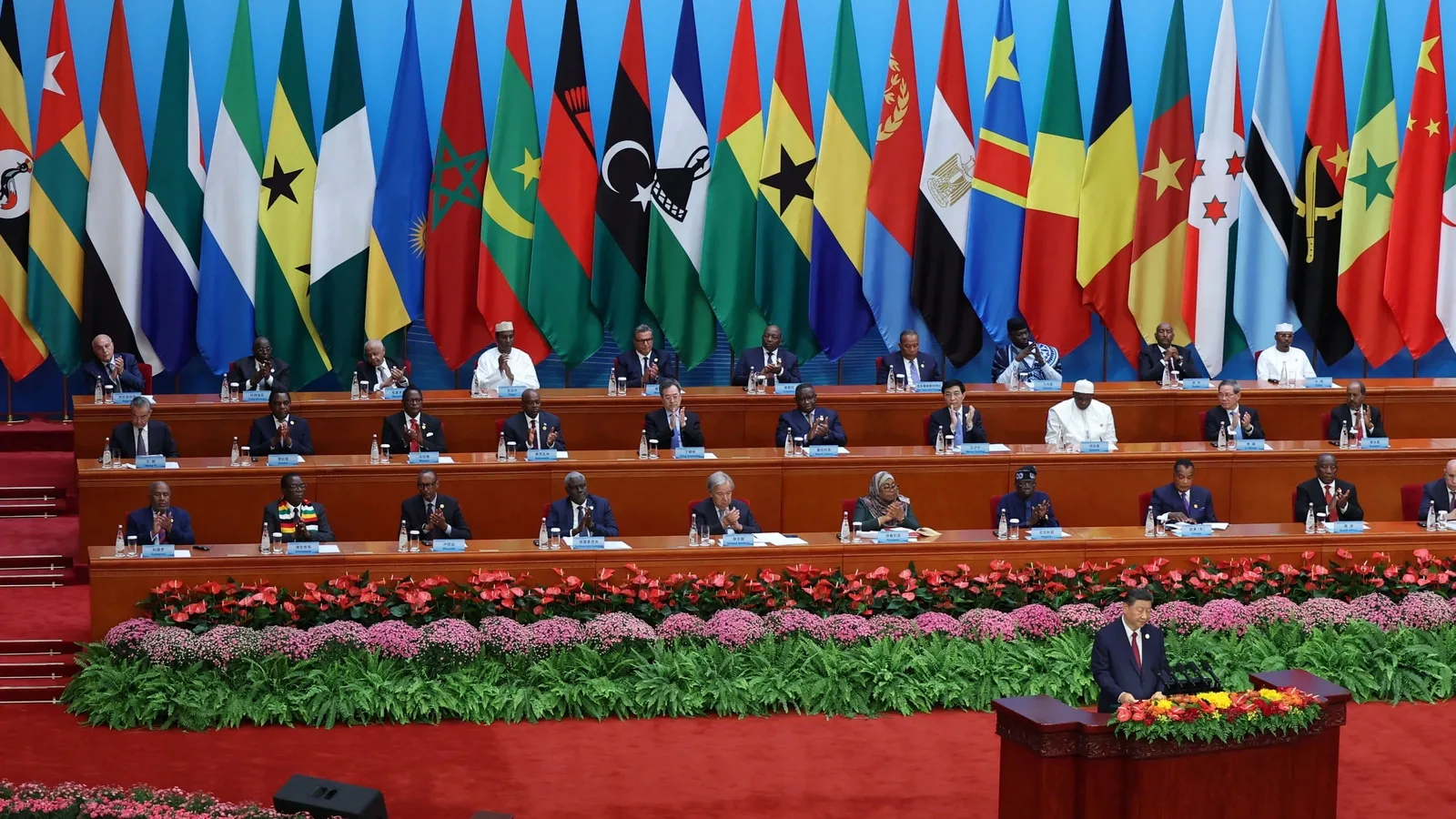Africa’s future is being shaped by bold alliances and innovative solutions that foster community regeneration and circular economy growth. The Nigeria Climate Innovation Centre (NCIC) and its global partners drive models for inclusive, climate-resilient development, at the launch of the DICE digital solution event.
At a milestone NCIC summit, stakeholders showcased how recycling, digital collaboration, and targeted investments are fast-tracking Africa’s sustainable transformation.
Building a Circular Economy: Leadership for a Sustainable Africa
Carlos Rojas-Arbulu, Deputy High Commissioner at the Canadian Embassy, set the tone at the NCIC gathering by stressing the urgency of circular innovation. “Sustainability is not just a global imperative; it is a shared opportunity,” he declared.
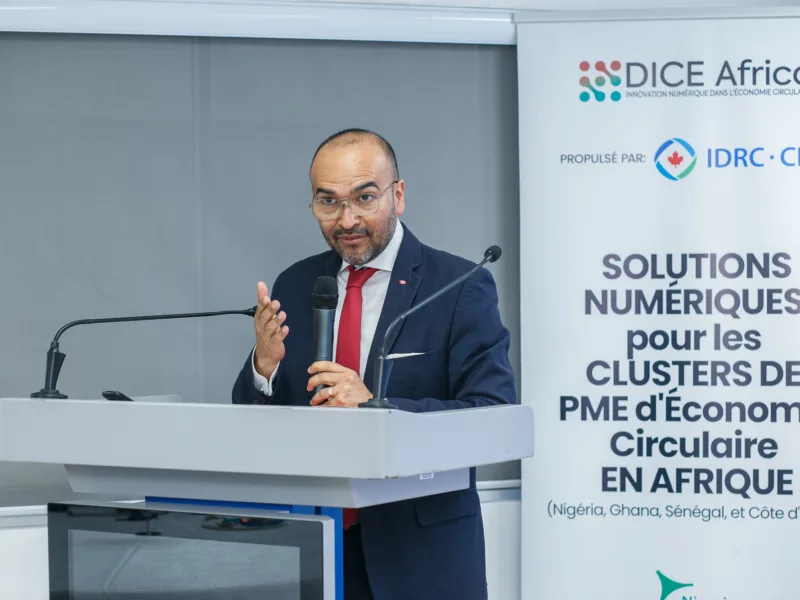
Addressing assembled business and government leaders, Rojas-Arbulu emphasised Africa’s moment: to “plant the seeds of a new economy, circular, inclusive, and resilient.” Through recycling projects, renewable energy startups, and future-ready policies observed during his tenure in Nigeria, Rojas-Arbulu called for leadership that is “bold, collaborative, and future-focused”, qualities essential to turning waste into wealth and constraints into creativity.
Programs in Motion: Canada-Nigeria Partnerships Driving Impact
Digging into specifics, Rojas-Arbulu spotlighted powerful Canada-Nigeria collaborations:
- The Canada Fund for Local Initiatives helped restore 65,000 hectares of forest in Kwara State, supported women making biochar from waste, and advanced climate resilience through nature-based solutions.
- Multilateral efforts, like support for the UN Global Environment Facility and World Bank’s Pro Blue Fund, are tackling marine plastic pollution and climate adaptation.
- On the private sector front, GreenPlint Africa (Nigeria) partnered with Carbon AI (Canada) to distribute millions of clean cookstoves nationwide, cutting emissions and improving health outcomes. Carbon AI’s digital MRV technology verifies carbon savings, unlocking new revenue through carbon credits.
Dr Peter Bankole, NCIC Chairman, reinforced this vision: “On behalf of NCIC’s board, our mission is to lead circular business models that foster a digital and regenerative economy in Nigeria.”
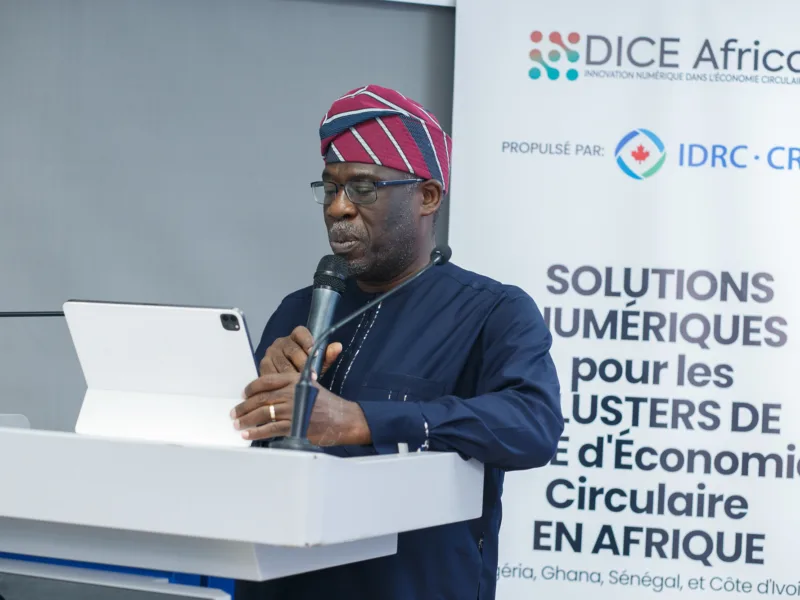
Innovation at the Grassroots: Empowering SMEs, Women, and Youth
Much of Africa’s progress in circular business is built on the work of local SMEs and entrepreneurs, as echoed in Emmanuel Etadehrhi’s keynote.
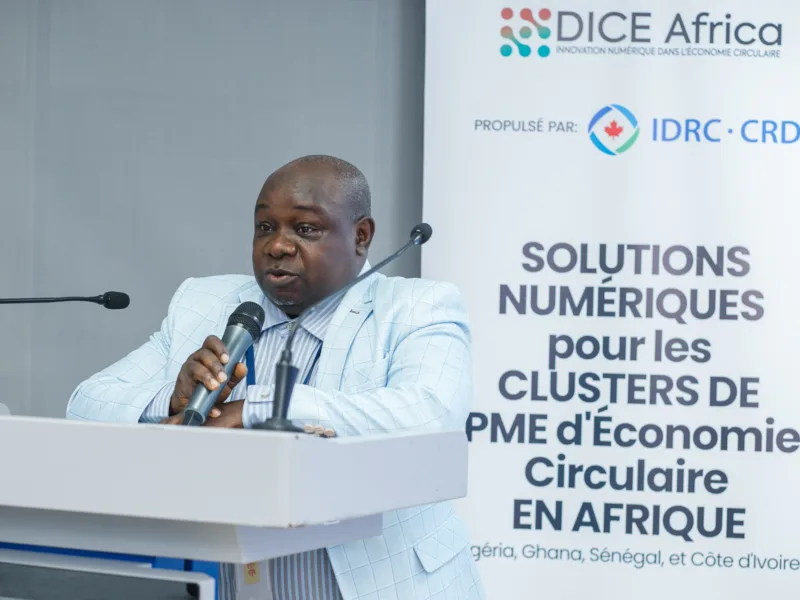
With 80% of African enterprises being small businesses, fewer than 30% effectively use digital tools, creating potential opportunities for scale. Etadehrhi called on partners to nurture “fruitful and tech-enabled partnerships,” ensuring Africa’s entrepreneurs “stand toe-to-toe with global competitors.”
Women-led and youth-led businesses are driving advances in recycling, upcycling and digital marketplaces, but barriers persist in finance, access, and opportunities. The summit praised NCIC’s coalition model, which is anchored in partnership, research, and mentorship, as central to scaling innovation from idea to community-wide impact.
From Vision to Venture: Mobilising Inclusive Business and Policy
The NCIC event showcased how research-backed solutions, funding (with support from partners like IDRC Canada), and public-private alliances move ideas into implementable business models. These efforts support SMEs with access to finance, digitalisation, and links to international markets, making the impact measurable and scalable.
Canada’s collaborative approach blends development cooperation, trade, and research, generating impact in sustainable agriculture, clean energy, and workforce skill development. “How can business not only grow but also regenerate the environment?” Rojas-Arbulu challenged. “How can innovation secure prosperity for generations?”
Path Forward – Planting Seeds for Regeneration: From Dialogue to Action
With clear momentum, the path ahead is rooted in scaling digital circular solutions, nurturing startups, and ensuring evidence-based progress. As collaborations deepen, participants reiterated the summit’s closing mantra: “The best time to plant a tree was 20 years ago. The second-best time is now.”
Dr Bankole reaffirmed: “Together, we can turn insights into strategy, driving Africa’s transition to a digitally enabled circular economy. We remain committed to ensuring no one is left behind.”
This event marks a pivotal step for Africa's circular economy. Through bold vision, practical partnership, and community-first innovation, stakeholders are laying the foundation for Africa’s green transition, transforming fragmentation into opportunity and promise into impact.
The story unfolding at NCIC is the blueprint for an inclusive, prosperous, and climate-resilient Africa.
